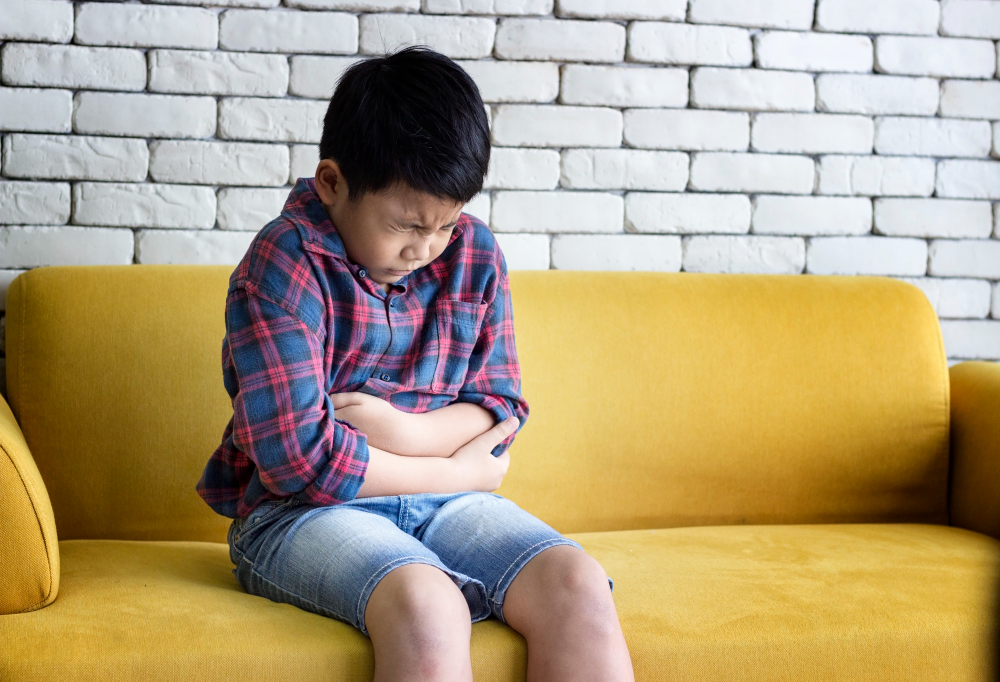Introduction
Constipation in children is a common problem that many parents and caregivers face. It means a child has fewer bowel movements than usual or finds it hard to pass stool. Because constipation can cause discomfort and worry, understanding this condition is important. Early action can help prevent more serious issues. In this blog, you will learn about the causes, signs, diagnosis, and ways to manage constipation in children. You will also find helpful tips and know when to seek medical help.
What is Constipation in Children?
Constipation in children happens when a child has trouble passing stool or does not go to the bathroom as often as usual. Usually, children should have at least three bowel movements each week. If a child goes less often or has hard, dry stools, they may be constipated. Sometimes, children may also feel pain or strain when trying to pass stool. Constipation can affect children of any age, from babies to teenagers.
Common Causes
Many things can lead to constipation in children. Knowing these causes can help parents find the right solution. Here are some common reasons:
Recognizing Symptoms
It is important to spot the signs of constipation in kids early. Look for these symptoms:
Diagnosis
Doctors diagnose constipation in children by asking about symptoms and bathroom habits. They may also do a gentle physical exam. Sometimes, a doctor may ask about the child’s diet, daily routine, and any medicines they take. In rare cases, tests like X-rays or blood tests may be needed. If your child has severe pain, blood in stool, or weight loss, see a doctor right away. Early diagnosis helps prevent problems and guides the best treatment.
Treatment Options
Treating constipation in children often starts with simple changes. Here are some effective options:
According to the American Academy of Pediatrics and CDC, most cases improve with these steps. However, some children may need more help from a doctor.
Home Care and Lifestyle Tips
Parents can do many things at home to help a constipated child. Try these tips:
With patience and support, most children feel better soon. For more ideas, look up “childhood constipation remedies” or “how to help a constipated child” from trusted sources.
When to Seek Medical Help
Sometimes, constipation can be a sign of a bigger problem. Contact your doctor if your child:
Quick action can prevent serious health issues. Always trust your instincts as a parent.
Prevention
Preventing constipation in children is possible with a few simple steps:
By making these habits part of your child’s routine, you can help prevent constipation and keep them healthy.
If your child is experiencing persistent constipation, consult a pediatrician for personalized advice.
